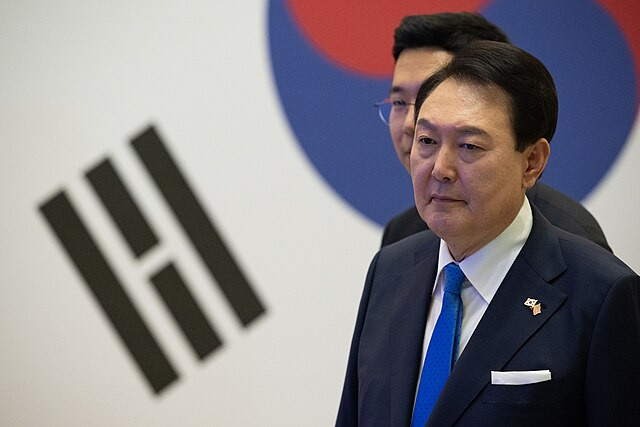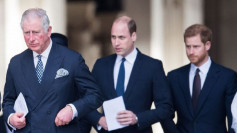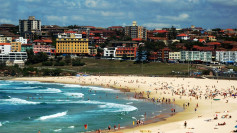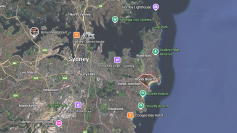South Korea's political landscape plunged into turmoil this week as President Yoon Suk Yeol defended his controversial decision to declare martial law, a move that has provoked widespread protests, calls for impeachment, and investigations into possible insurrection. Yoon's defiance has deepened political divisions and placed his presidency in peril as his own ruling party now supports his removal from office.
In a televised address Thursday, Yoon staunchly defended the December 3 martial law declaration, asserting it was necessary to protect democracy against what he described as a "parliamentary dictatorship" by the opposition Democratic Party. "I will fight to the end," Yoon vowed, adding that he would not resign despite growing calls for his ouster.
The People Power Party (PPP), Yoon's own political base, shifted its stance Thursday, backing impeachment efforts after attempts to persuade the president to resign proved fruitless. "Suspending the president from his duties through impeachment is the only way for now, to defend democracy and the republic," PPP leader Han Dong-hoon announced. The party's decision clears the path for a second impeachment vote, set for Saturday, which now appears likely to succeed.
Yoon's declaration of martial law earlier this month had stunned the nation, citing alleged "anti-state activities" by the opposition and purported sympathies with North Korea. The move, which led to dramatic scenes of protests and clashes with security forces at the National Assembly, was swiftly blocked by lawmakers. Since then, South Korea has remained on edge, with daily protests and escalating political tensions.
The martial law decree has triggered multiple investigations. Police have launched a probe into allegations of insurrection against Yoon and top officials, including former Defense Minister Kim Yong-hyun, who resigned following the scandal. Kim attempted suicide while in detention earlier this week and remains hospitalized. On Wednesday, the presidential office was raided by law enforcement, adding to the mounting pressure on the embattled president.
In his Thursday speech, Yoon sought to justify his actions, accusing the opposition of undermining national security amid threats from North Korea. He claimed that martial law was declared to "maintain order, not to dismiss the National Assembly nor to paralyze its function," dismissing accusations of insurrection as "false incitement." Yoon also apologized to the public for the unrest, urging citizens to "trust in my passionate loyalty for you, the people."
However, Yoon's explanations have done little to quell public outrage or political opposition. The Democratic Party, which holds a majority in the National Assembly, is preparing another impeachment motion. The PPP's reversal Thursday allows its members to vote freely, increasing the likelihood that impeachment will pass. If successful, the measure would trigger a Constitutional Court trial, where two-thirds approval would be needed to permanently remove Yoon from office.
The crisis has also exposed fractures within the PPP. The party's floor leader, Choo Kyung-ho, stepped down after last weekend's failed impeachment vote, and his replacement, Kwon Seong-dong, has vowed to reassess the party's approach to Yoon's impeachment.
Yoon's two years in office have been marked by declining approval ratings, economic woes, and political scandals, including allegations involving his wife and key appointments. His government has faced gridlock since the opposition's landslide victory in April's general election, rendering him a lame-duck president unable to advance his legislative agenda.






